Discover Zhejiang: A journey to China's poetic heart
China's 240-hour visa-free transit policy offers international travelers a seamless opportunity to explore Zhejiang province — a land where mist-shrouded mountains meet ancient water towns, and culinary traditions span millennia. From Shanghai, embark on a 7-10 day adventure blending modern convenience with timeless cultural immersion.
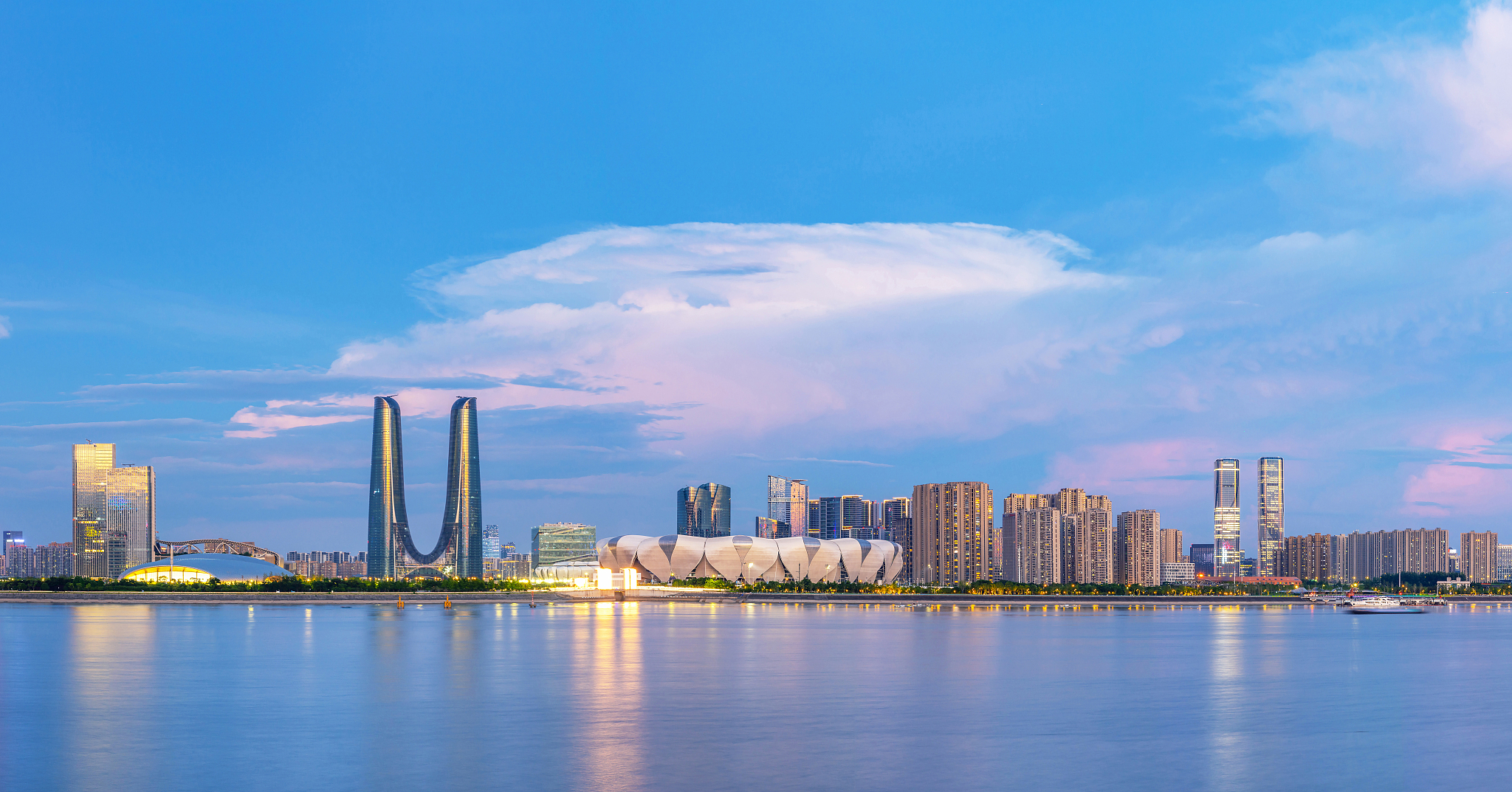
Travel from Shanghai to Zhejiang
By High-Speed Rail
For scenic views, take the high-speed train from Shanghai to Hangzhou (45–60 minutes) or Ningbo (2 hours). The Hangzhou-Wenzhou high-speed railway ensures smooth journeys through Zhejiang's mountainous terrain at speeds up to 350 km/h.
By Bus
Take long-distance coaches from Shanghai to major cities in Zhejiang:
- To Hangzhou: 2.5–3 hours. Buses arrive at Hangzhou East Railway Station Bus Station or Hangzhou Central Bus Station, both connected to metro lines (Line 1/Line 4).
- To Ningbo: 3.5–4 hours. Buses terminate at Ningbo Central Bus Station, linked to metro Line 2.
- To Shaoxing: 2–3 hours, with frequent departures daily.
Book tickets via platforms like Trip.com or Qunar. After arrival, use local metros, buses, or taxis for transfers.
Zhejiang's Cultural & Natural Highlights
Hangzhou: The Soul of Classical China
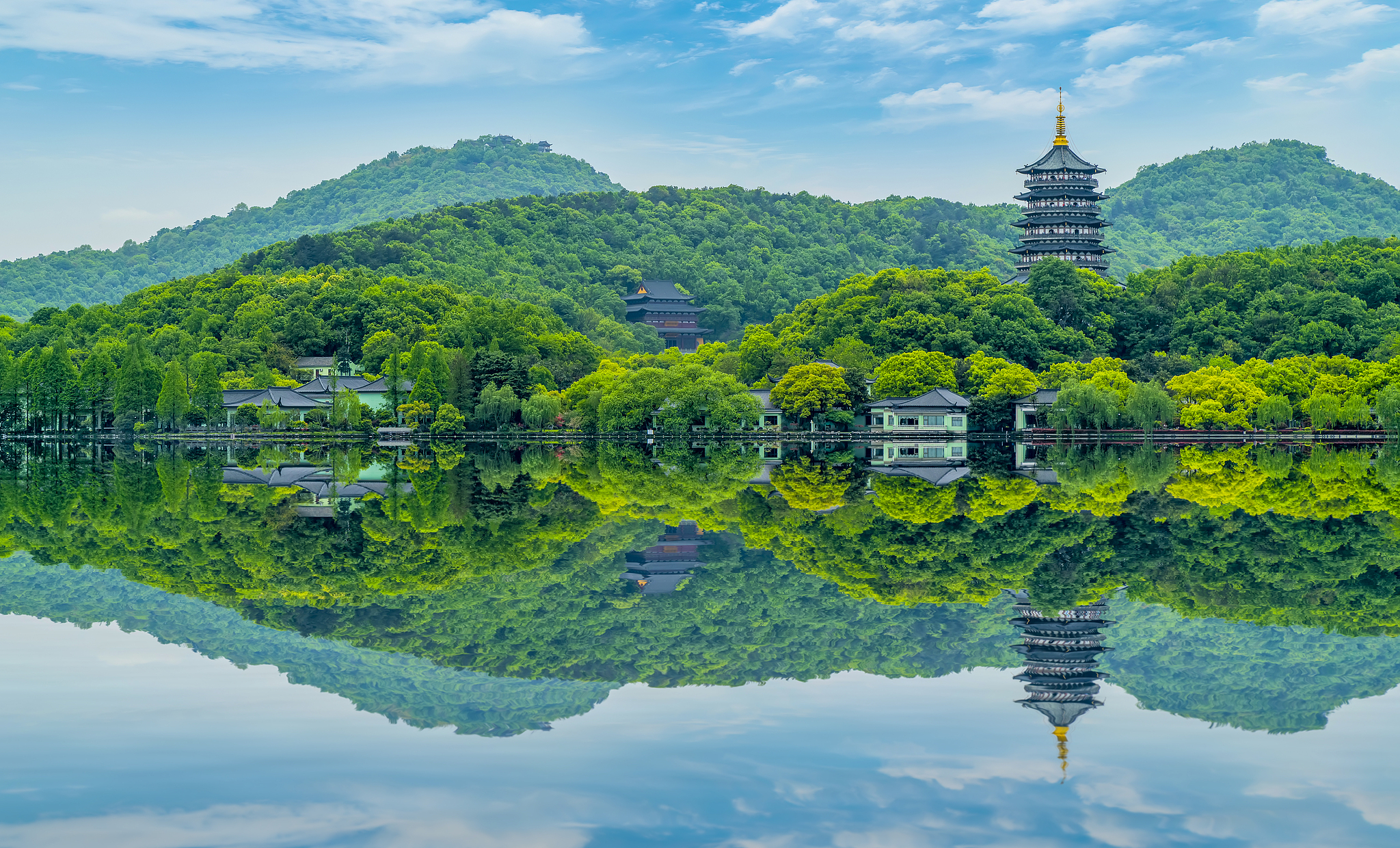
West Lake (Xihu): Cruise emerald waters framed by pagodas and lotus blooms. Renowned for its breathtaking natural beauty and cultural significance, the lake has inspired poets, artists, and travelers for centuries.
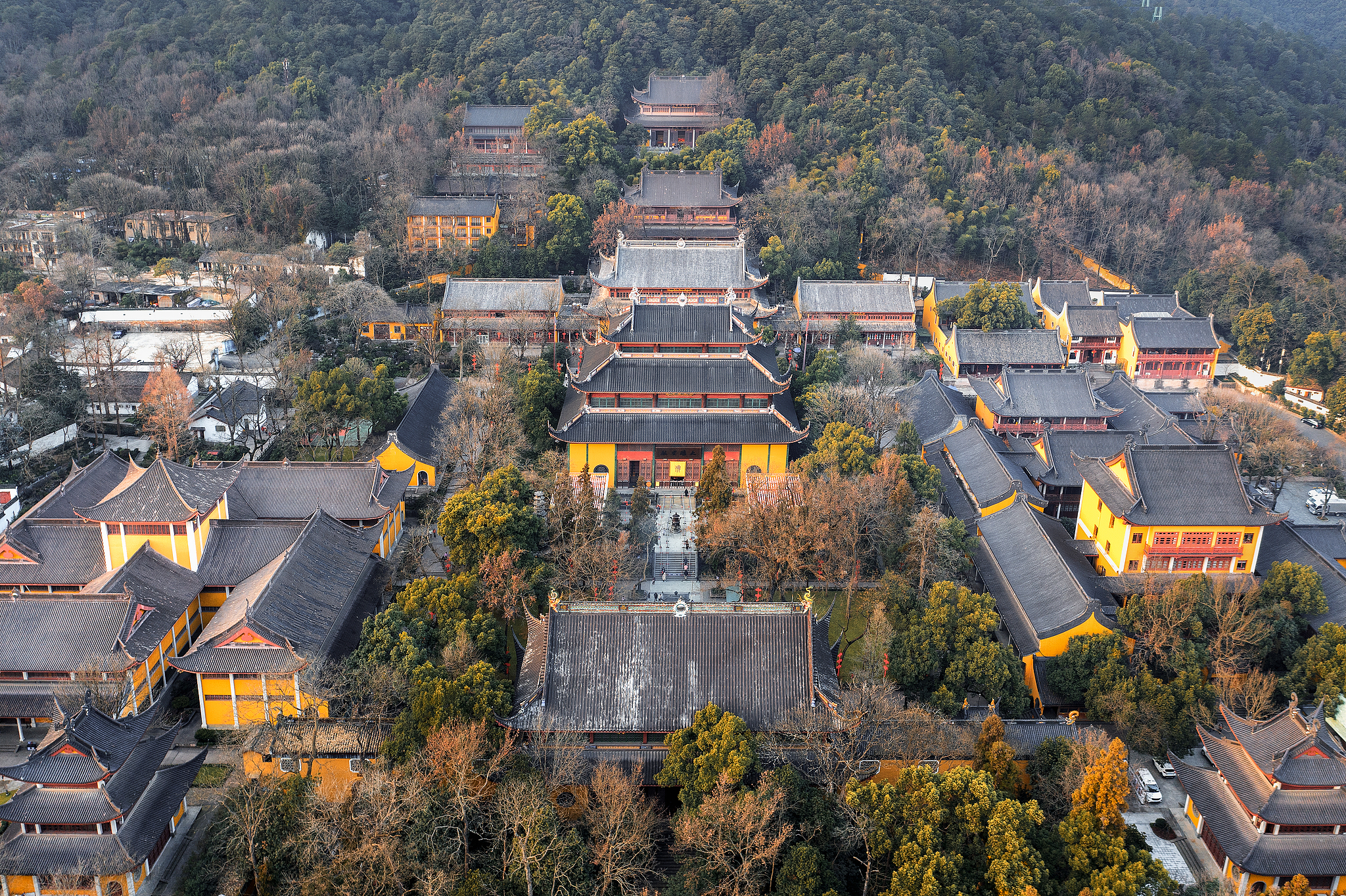
Lingyin Temple: Marvel at 1,700-year-old Buddhist rock carvings and meditate in serene courtyards.
Hefang Street: Stroll down Hefang Street and immerse yourself in its Southern Song Dynasty (420-479) ambiance, where you can savor delectable snacks like stinky tofu and Dingsheng cake.
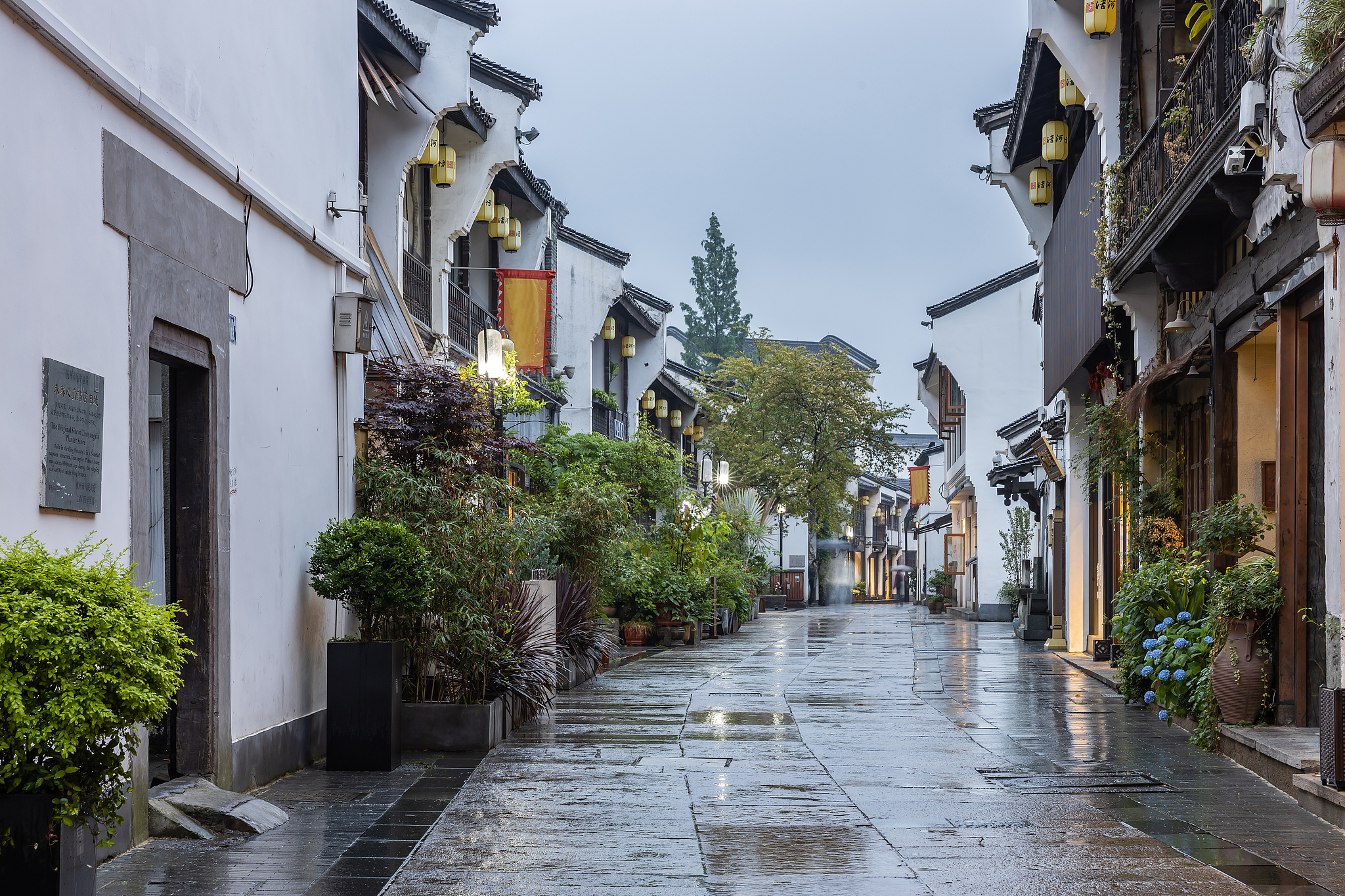
Zhoushan Archipelago: Island of Romance
Huaniao Island: Dubbed "Flower and Bird Island", this romantic destination features a century old lighthouse, moon flower blooms, and seaside wedding venues.

Putuo Mountain: Located on an island in the East China Sea, Putuo Mountain is renowned as the sacred abode of the Guanyin (Goddess of Mercy). It is one of China's four sacred Buddhist mountains.
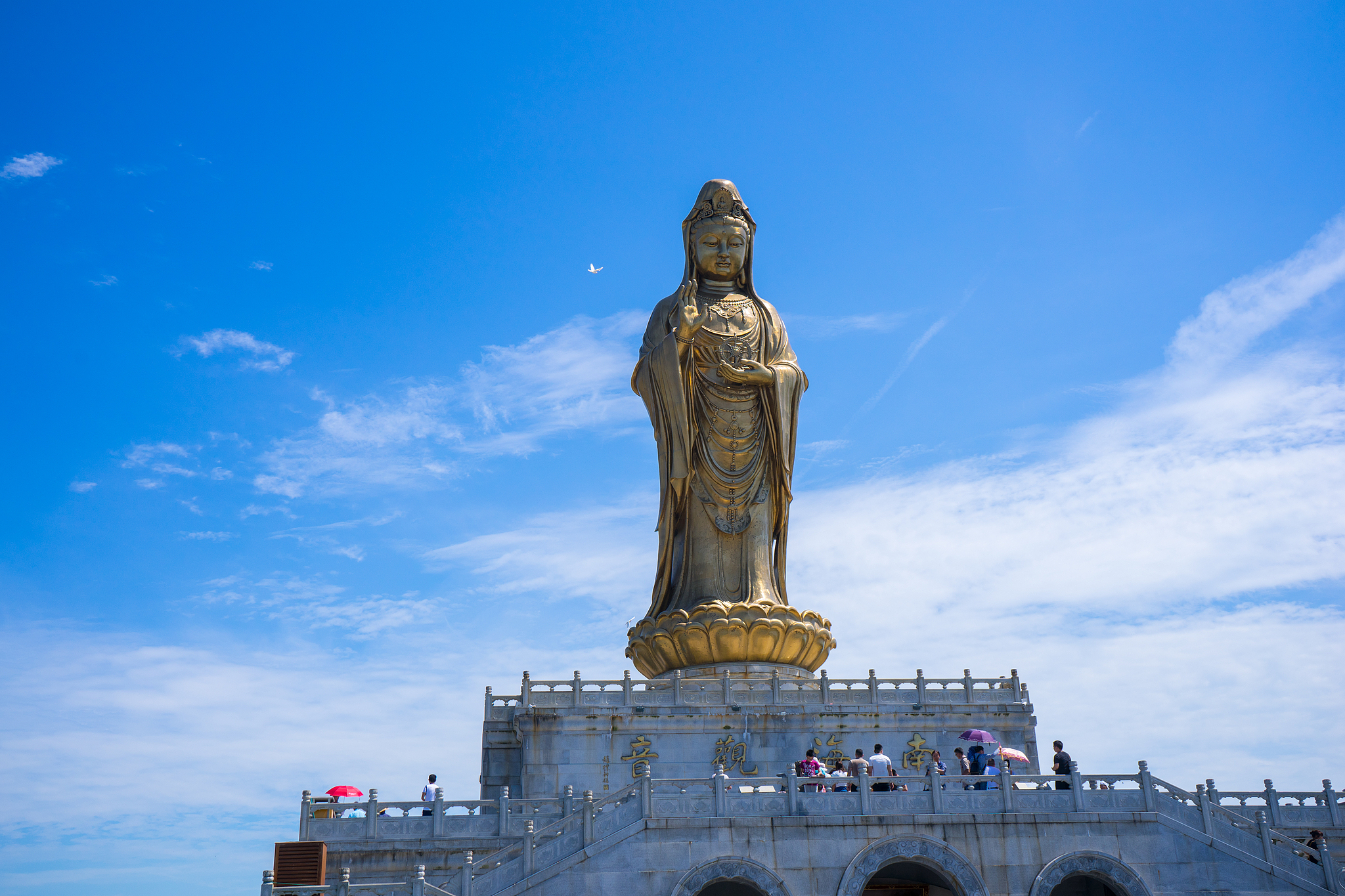
Wuzhen Water Town: As a renowned ancient town in the southern region along the Yangtze River, Wuzhen Water Town boasts well-preserved ancient architecture and charming stone bridges, offering a picturesque and tranquil atmosphere.
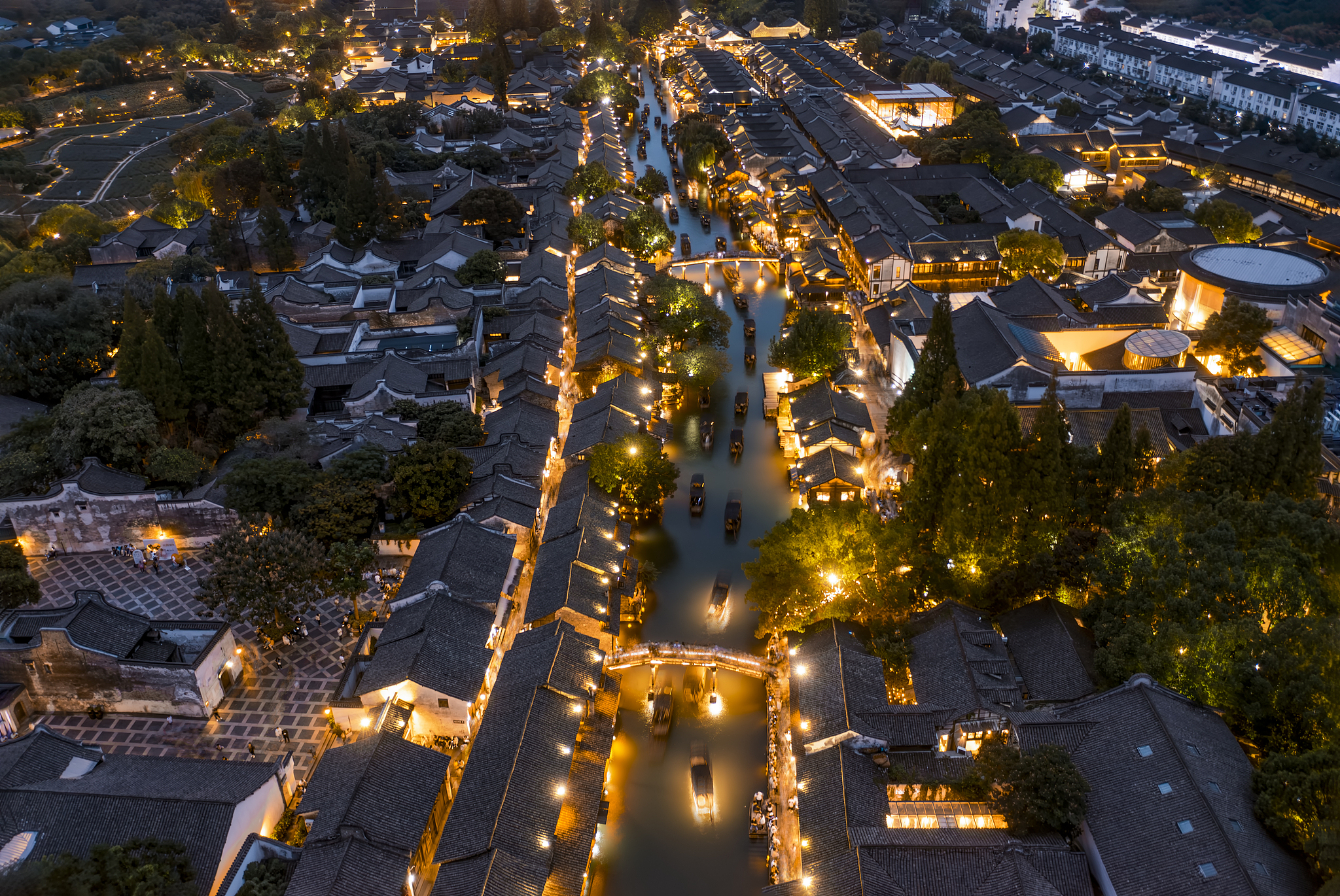
Lu Xun Native Place: Lu Xun Native Place is located in Shaoxing. It is a nationally protected cultural site where the renowned Chinese writer Lu Xun spent his childhood. It preserves many of his belongings and life stories, showcasing his multifaceted contributions as a leading figure in literature, translation, fine arts, and ancient book studies.

Zhejiang Cuisine: A Symphony of Subtle Flavors
Zhejiang cuisine emphasizes freshness and delicate techniques:
West Lake Fish in Vinegar Gravy: Tender grass carp in a sweet-sour sauce, best sampled at Louwailou Restaurant near West Lake.
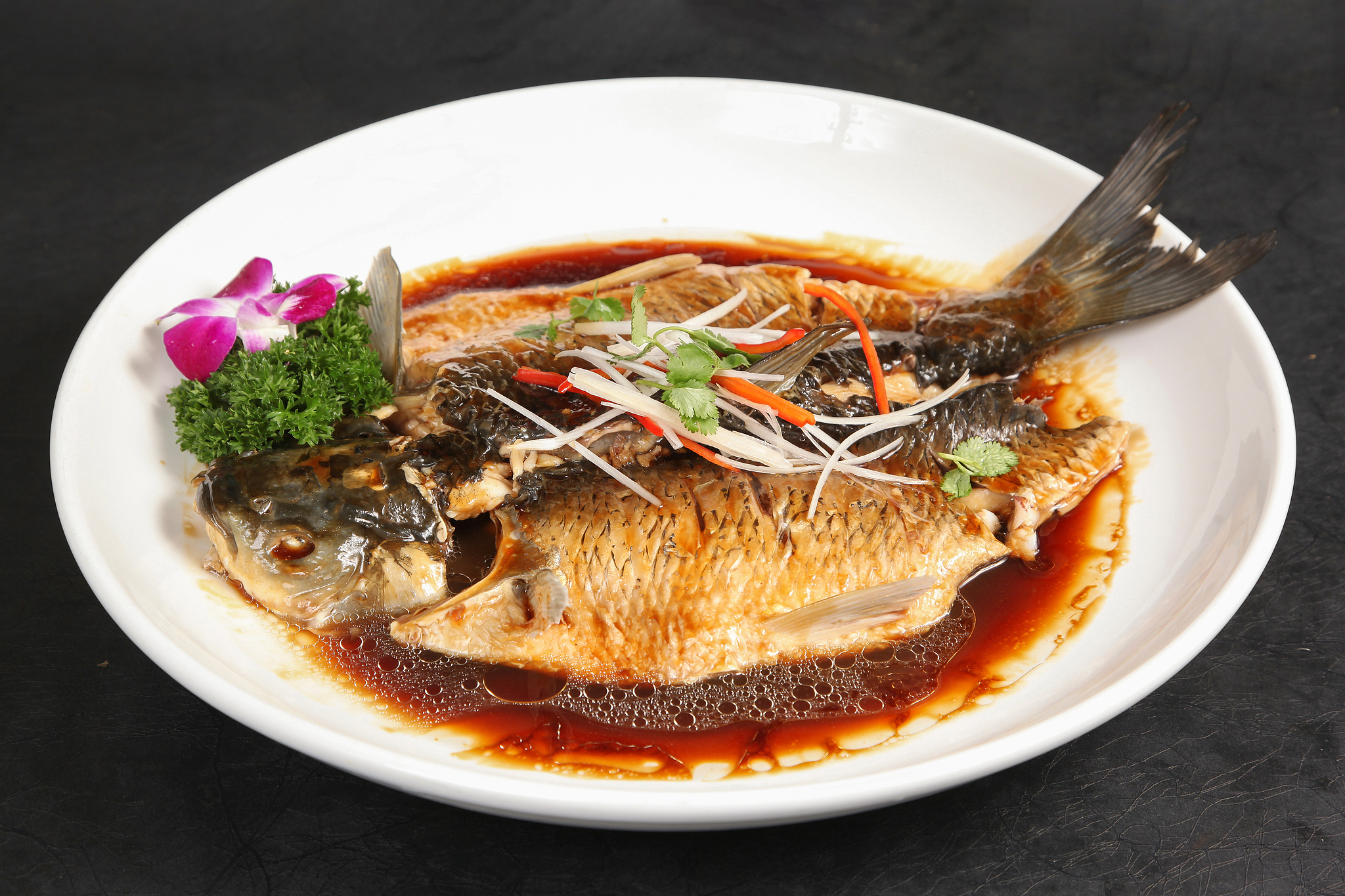
Dongpo Pork: Braised pork named after Song Dynasty (960-1279) poet Su Dongpo, another name of Su Shi, rich and caramelized.
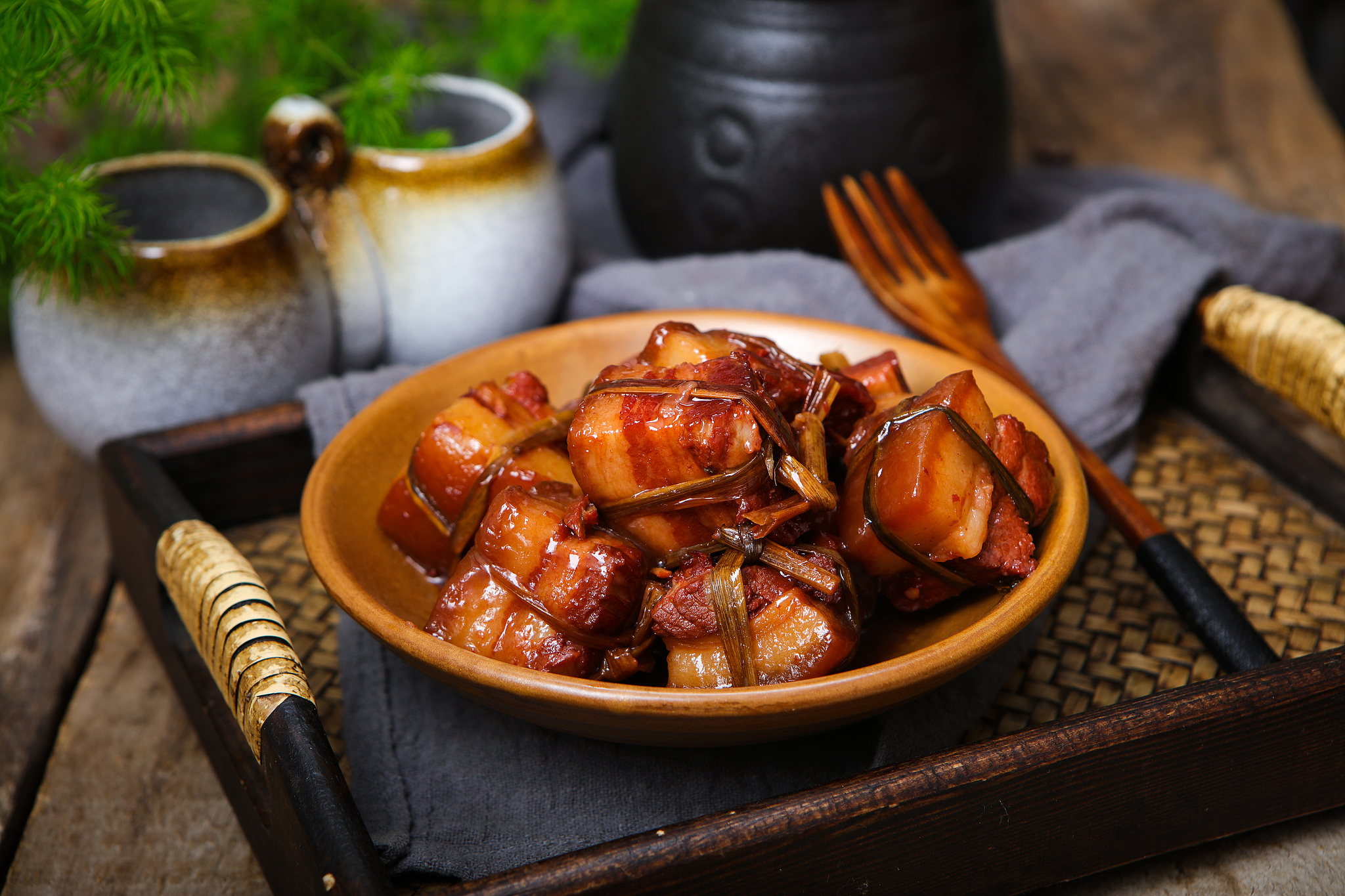
Longjing Tea Shrimp: Fresh river shrimp stir-fried with Longjing tea, a harmonious blend of land and lake.
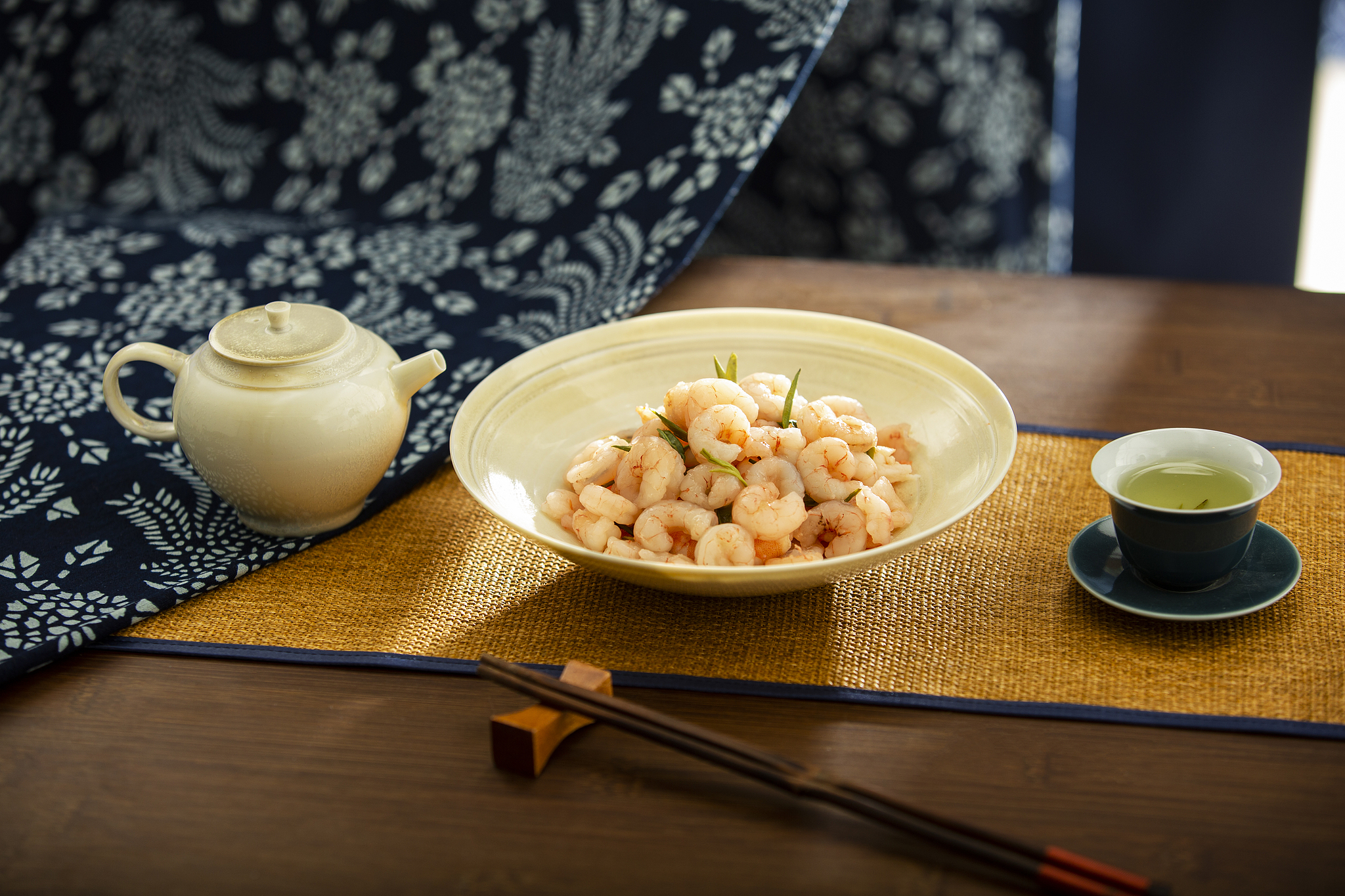
Beggar's Chicken: A traditional Hangzhou dish wrapped in lotus leaves and clay, slow-roasted to tender perfection with a savory aroma.
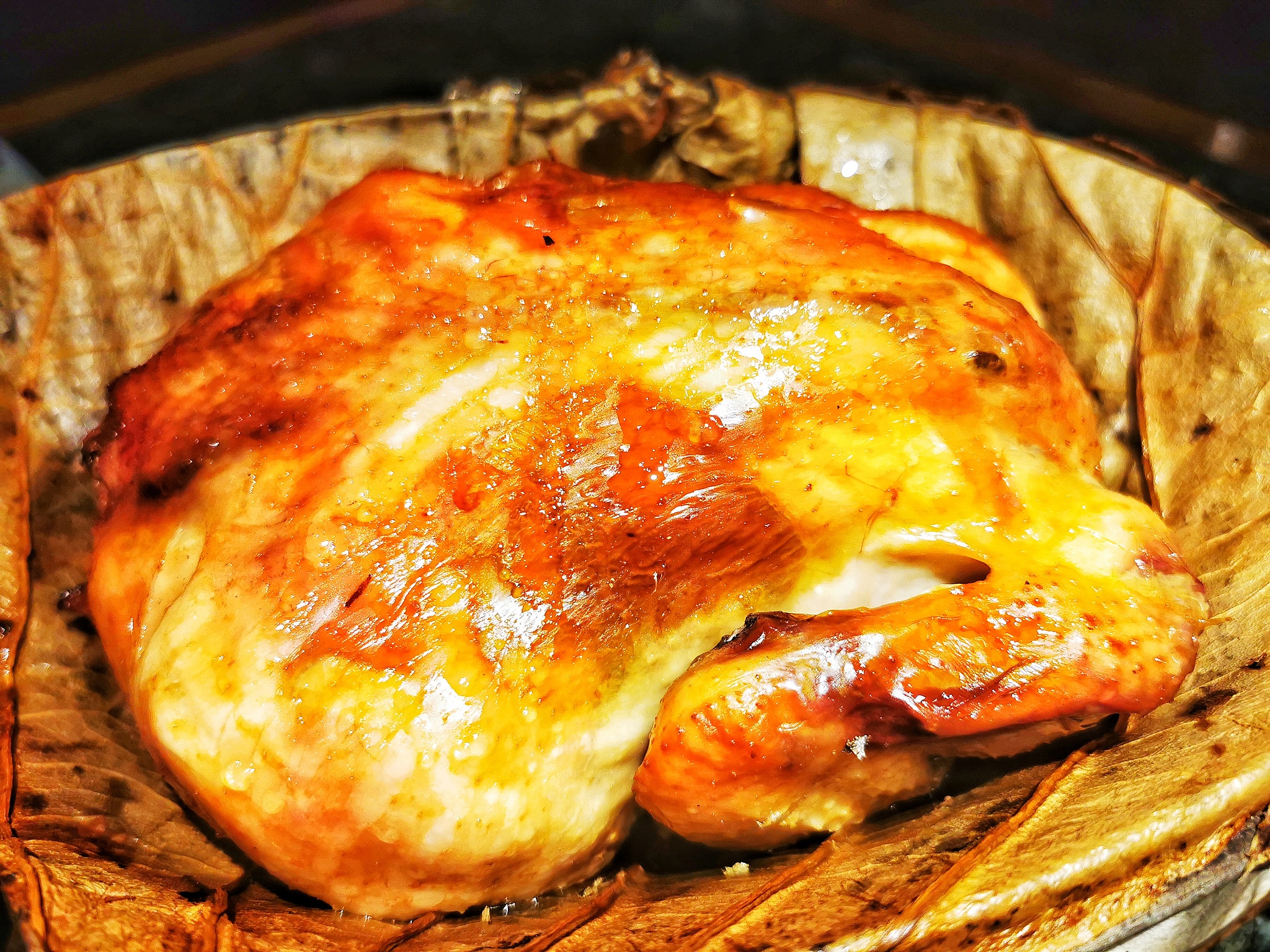
Cultural Dining Experiences
Imperial Banquet at Hangzhou: Dine on recreated dishes from the Southern Song Dynasty (1127-1279) while listening to classical music.
Tea Ceremonies in Longjing Village: Learn the art of brewing Longjing tea amid terraced plantations.
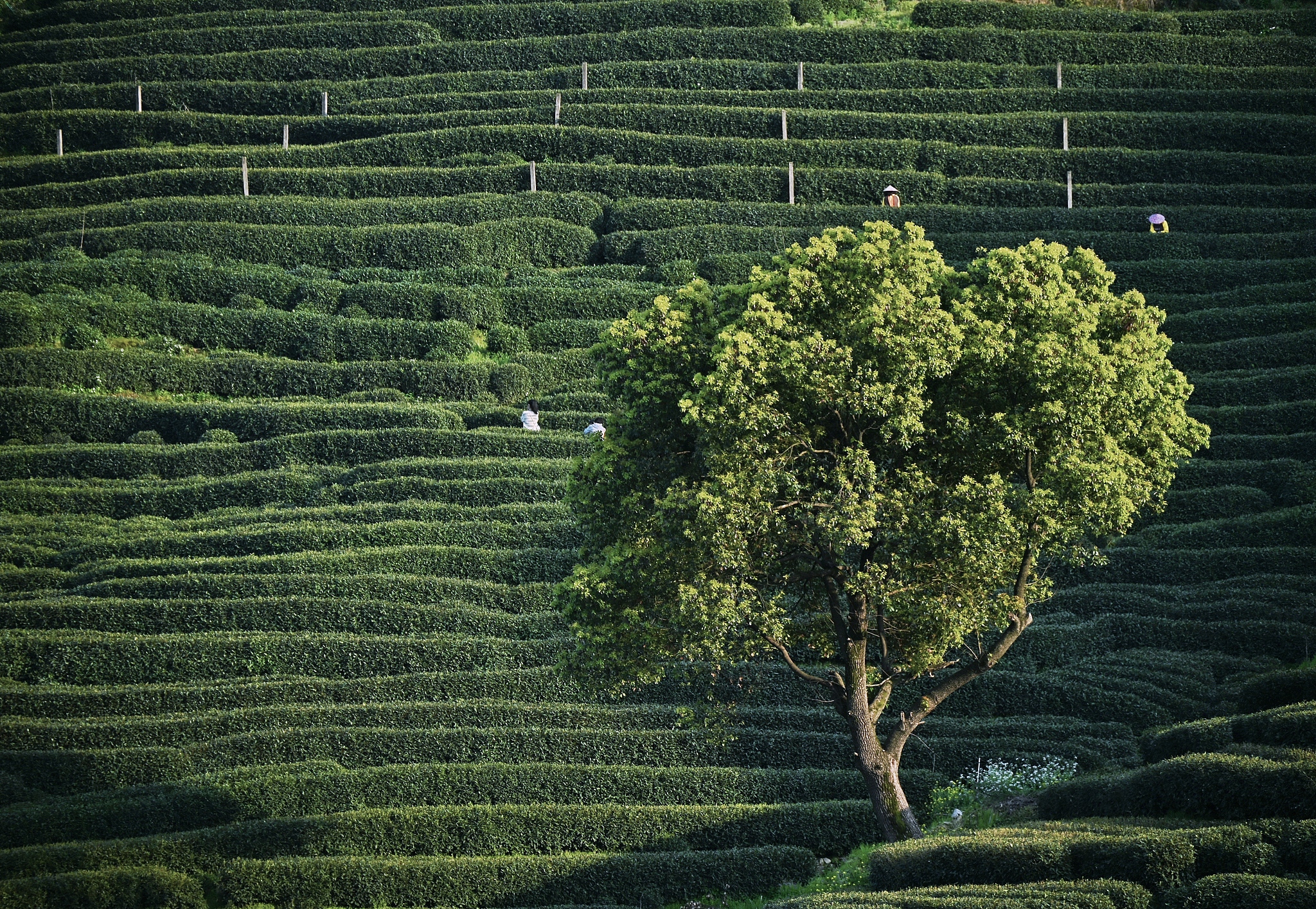
Immersive Cultural Encounters
Silk Road Legacy in Ningbo: Explore the Tianyi Pavilion, China's oldest private library, and the China Port Museum, showcasing ancient trade artifacts.

Opera & Shadow Puppetry: Attend a Yueju Opera performance in Shaoxing or try out the shadow puppetry workshops in Huzhou.
Low-Altitude Helicopter Tours: For a unique perspective, take a flight from Shanghai to Zhoushan's islands, part of the Yangtze River Delta's burgeoning "low-altitude economy".
Practical Tips
Best Time to Visit: Spring (March–May) for blossoms or autumn (September–November) for mild weather.
Transport: Use intercity trains for efficiency; rent a car for rural areas.
Language: Learn "xiè xie" (Thank you) and "zhè ge hǎo chī!" (This is delicious!); translation apps allow for deeper conversations.